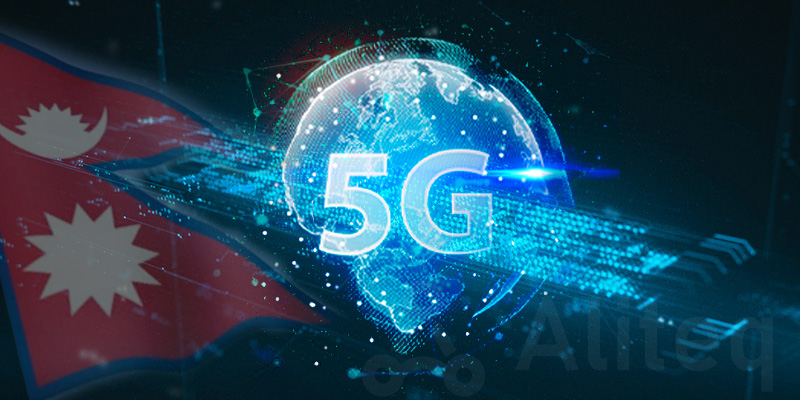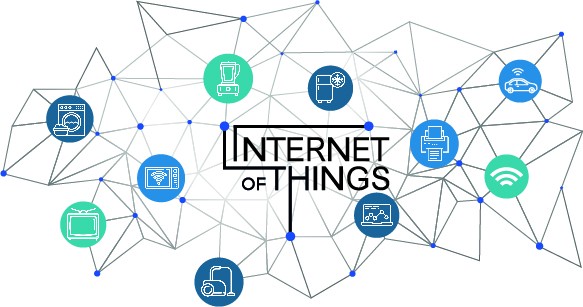Nepal, with its diverse landscapes and rich cultural heritage, is a nation of great potential. To unlock this potential fully, Nepal needs to harness the transformative capabilities of the latest telecommunications technology – 5G. In this article, we will explore why 5G is not just a luxury but a necessity for Nepal’s progress and development.
Bridging the Digital Divide
While urban areas in Nepal may have access to 4G networks, rural and remote regions often suffer from limited or no connectivity. 5G has the potential to bridge this digital divide by providing high-speed internet access even in the most remote corners of the country. This will enable rural communities to access educational resources, healthcare services, and economic opportunities previously out of reach.
Enhanced Education
The COVID-19 pandemic highlighted the importance of digital education. 5G can revolutionize education in Nepal by enabling high-quality online learning experiences, even in areas with low internet penetration. It can also facilitate real-time collaboration among students, teachers, and educational institutions.
Telemedicine and Healthcare
Access to healthcare is a challenge in many parts of Nepal, especially in remote areas. With 5G, telemedicine can become a reality, allowing patients to consult with healthcare professionals online. Remote monitoring of patients’ health and the swift transmission of medical data can save lives and improve healthcare outcomes.
Economic Growth
5G can be a catalyst for economic growth in Nepal. It can empower businesses with faster and more reliable internet connections, enabling them to expand their operations, reach new markets, and compete on a global scale. E-commerce, digital startups, and IT services can all flourish with the support of 5G.
Agriculture and Smart Farming
Agriculture is the backbone of Nepal’s economy. 5G can enable smart farming practices by providing real-time data on weather conditions, soil quality, and crop health. Farmers can make data-driven decisions, reduce resource wastage, and increase crop yields, thereby boosting food security and rural livelihoods.
Disaster Management
Nepal is prone to natural disasters, including earthquakes and floods. 5G can significantly enhance disaster management by enabling real-time communication and data transmission during crises. This can improve the effectiveness of rescue operations and help save lives.
Tourism and Promotion
Nepal’s stunning natural beauty and rich culture make it a popular tourist destination. 5G can enhance the tourism sector by providing tourists with high-speed internet access for communication, navigation, and sharing their experiences. Moreover, it can facilitate virtual tourism promotions and attract a broader audience.
Government Services
5G can improve the efficiency and accessibility of government services. Citizens can access government information, pay bills, and avail of various services online, reducing bureaucratic hurdles and corruption. This promotes good governance and citizen engagement.
Innovation and Research
5G will foster innovation and research in Nepal. It will enable scientists, researchers, and innovators to collaborate on projects that require high-speed data transmission and processing. This can lead to breakthroughs in various fields, including agriculture, healthcare, and environmental conservation.
Conclusion
The implementation of 5G in Nepal is not just a technological upgrade; it’s a gateway to progress, development, and prosperity. It has the potential to transform every aspect of Nepali society, from education and healthcare to agriculture and tourism. By embracing 5G technology and investing in the necessary infrastructure, Nepal can position itself for a brighter, more connected future that benefits all its citizens, regardless of their location or background.





Leave a Reply